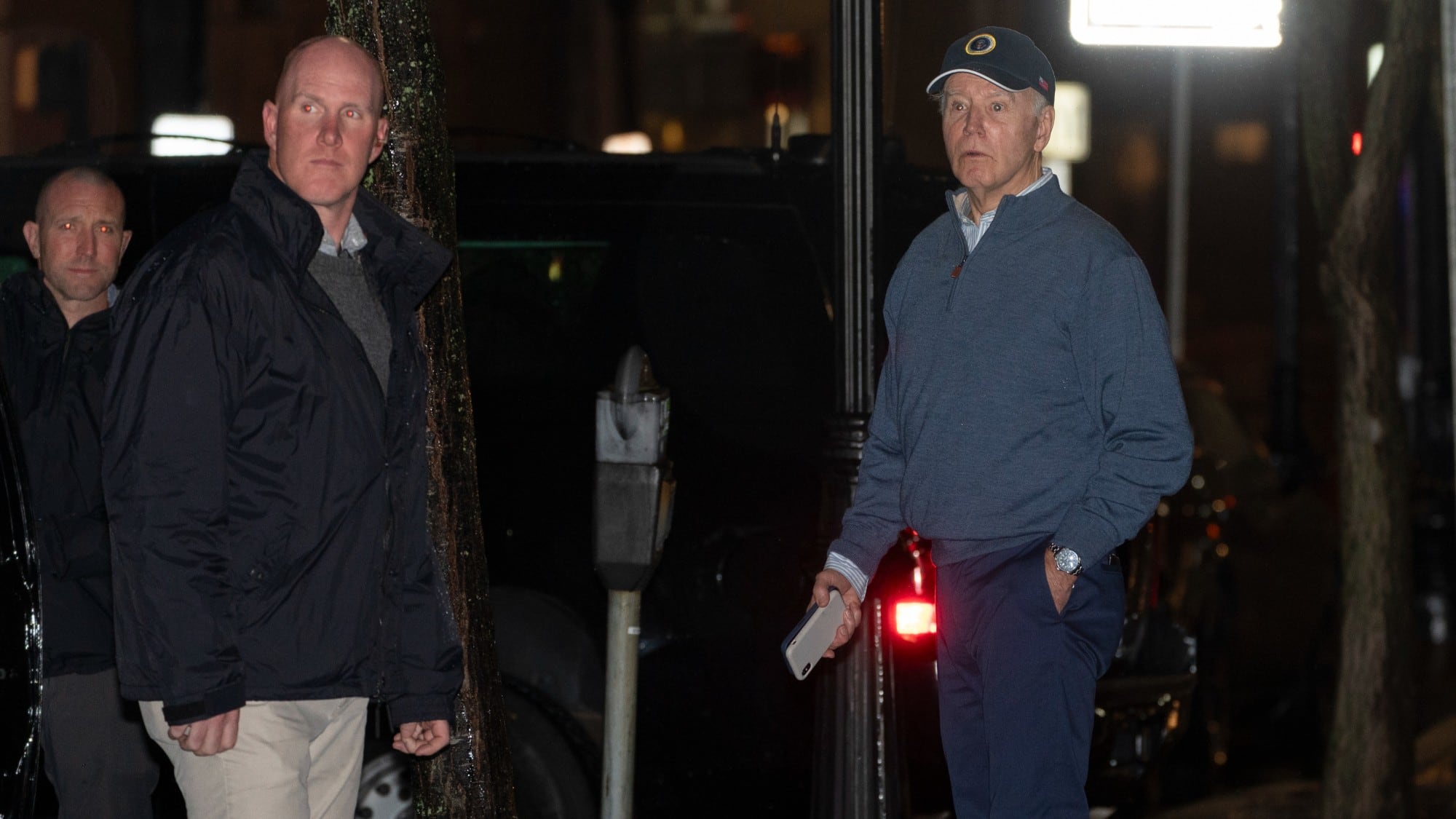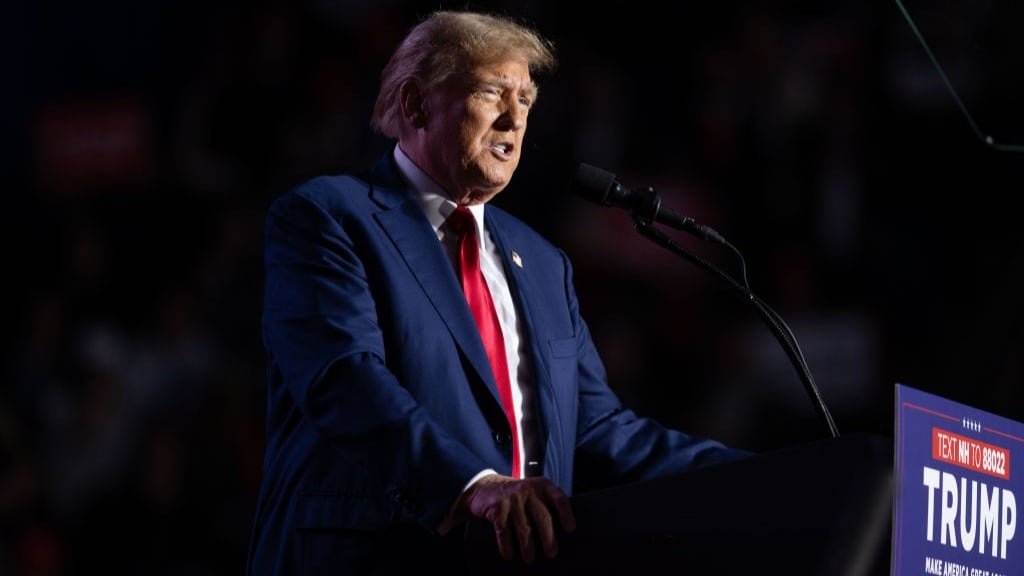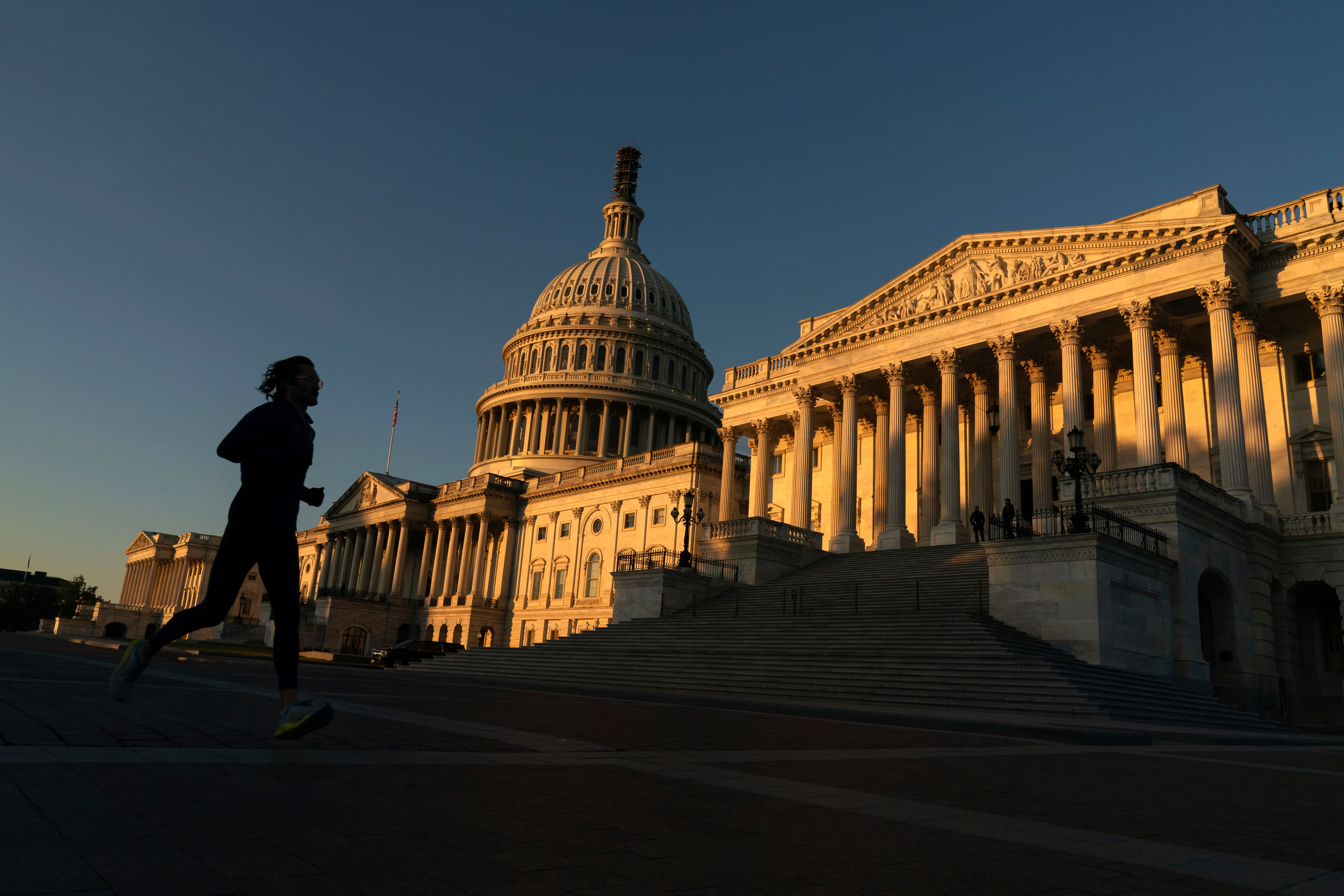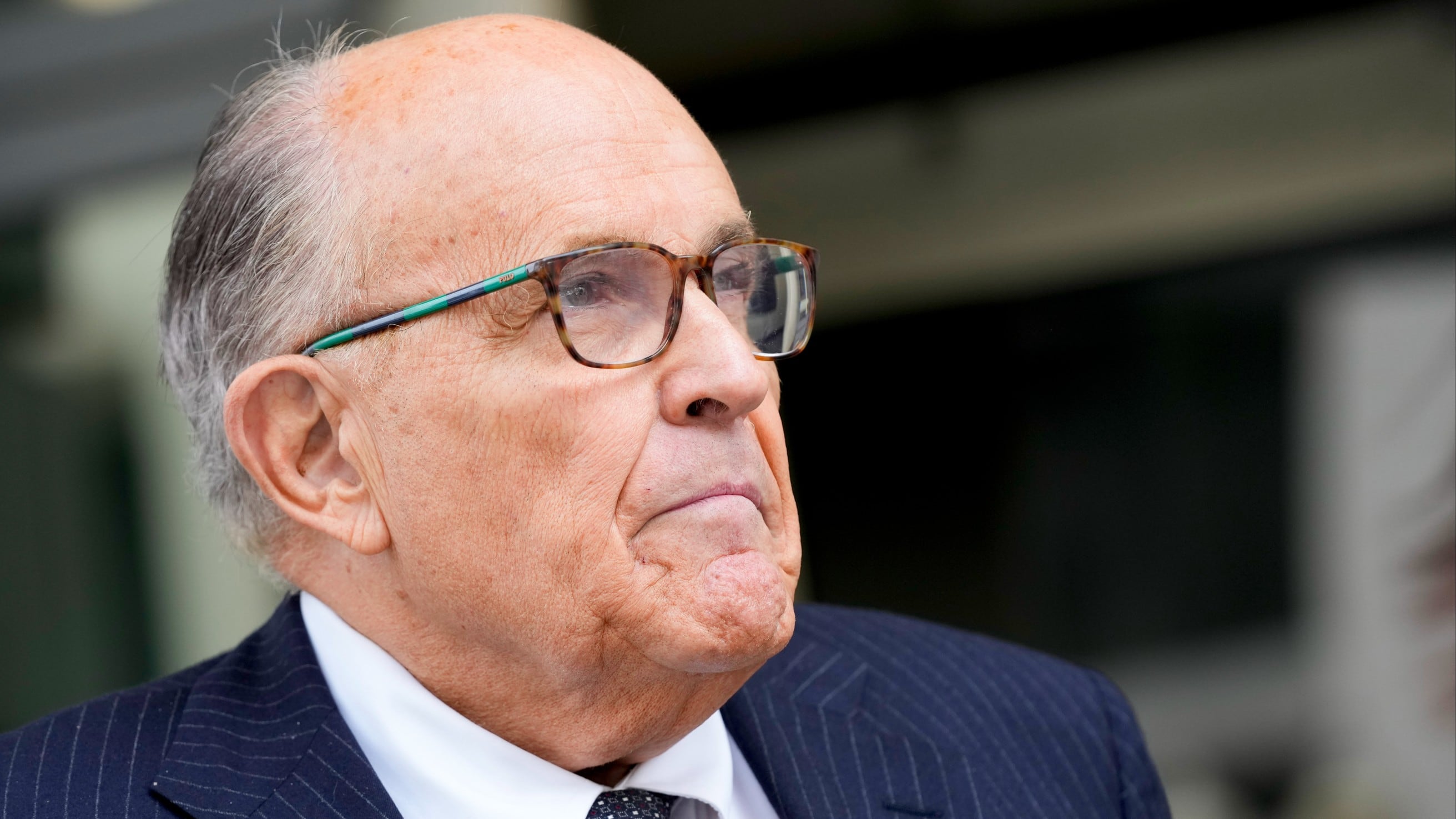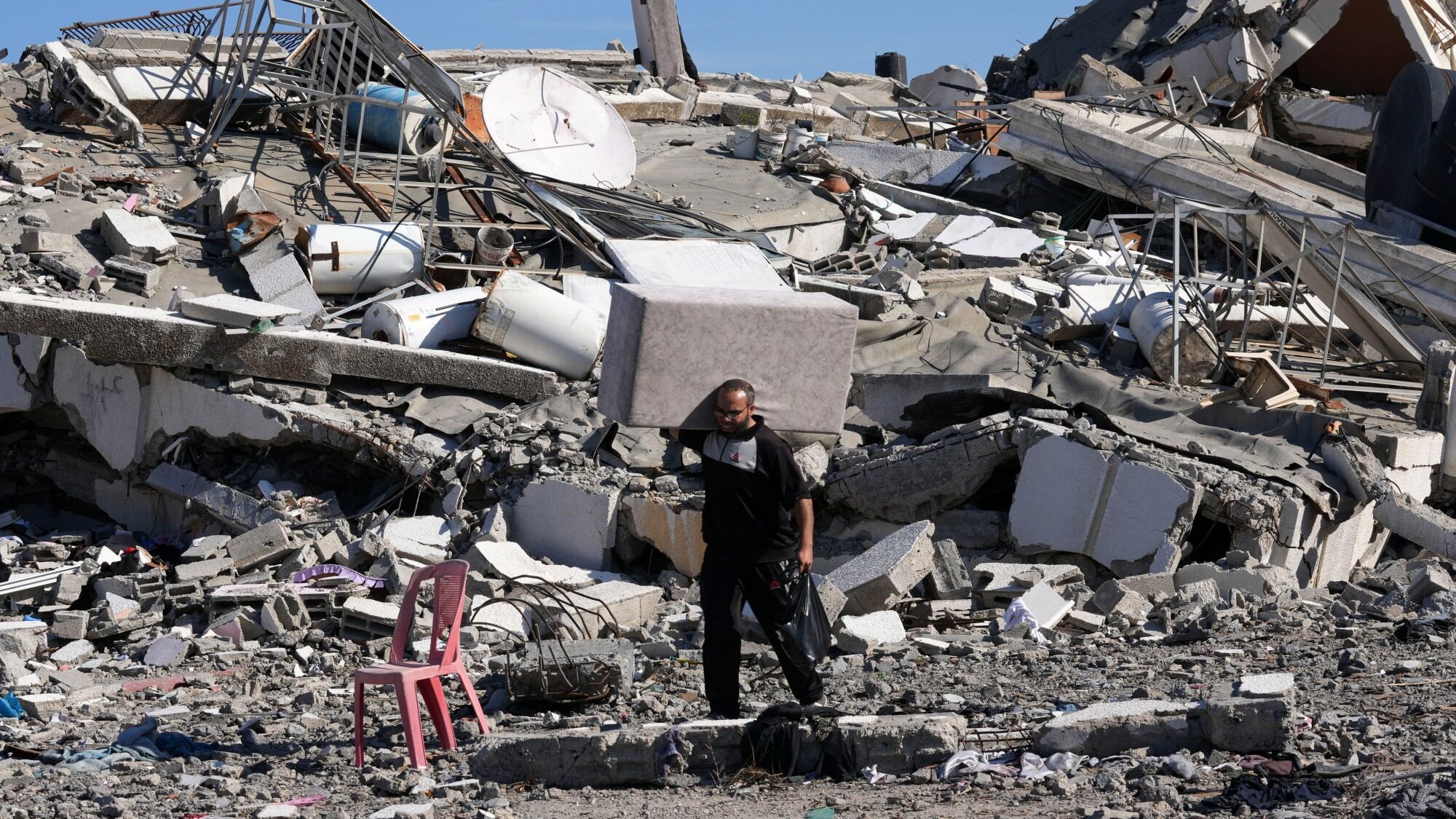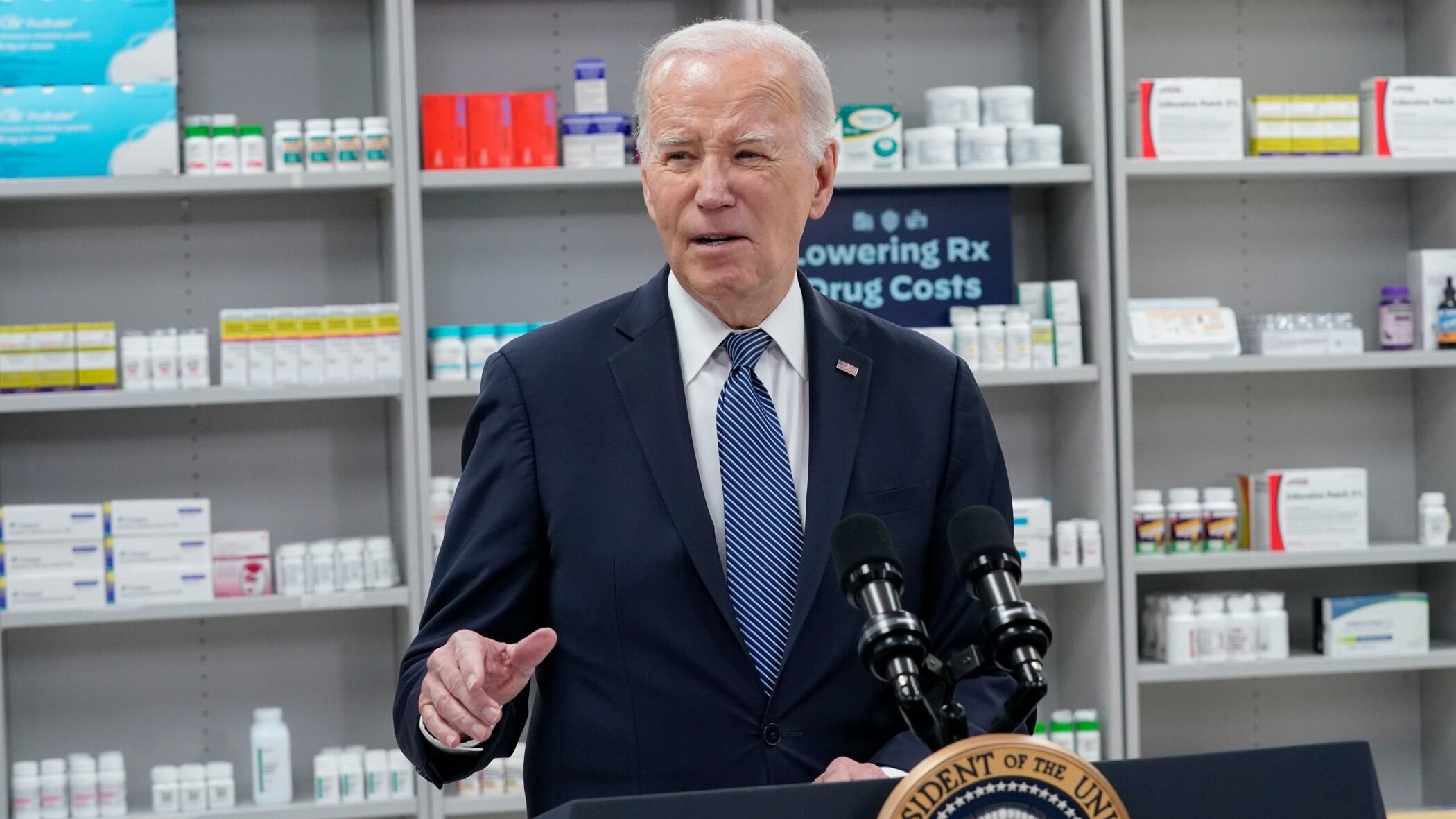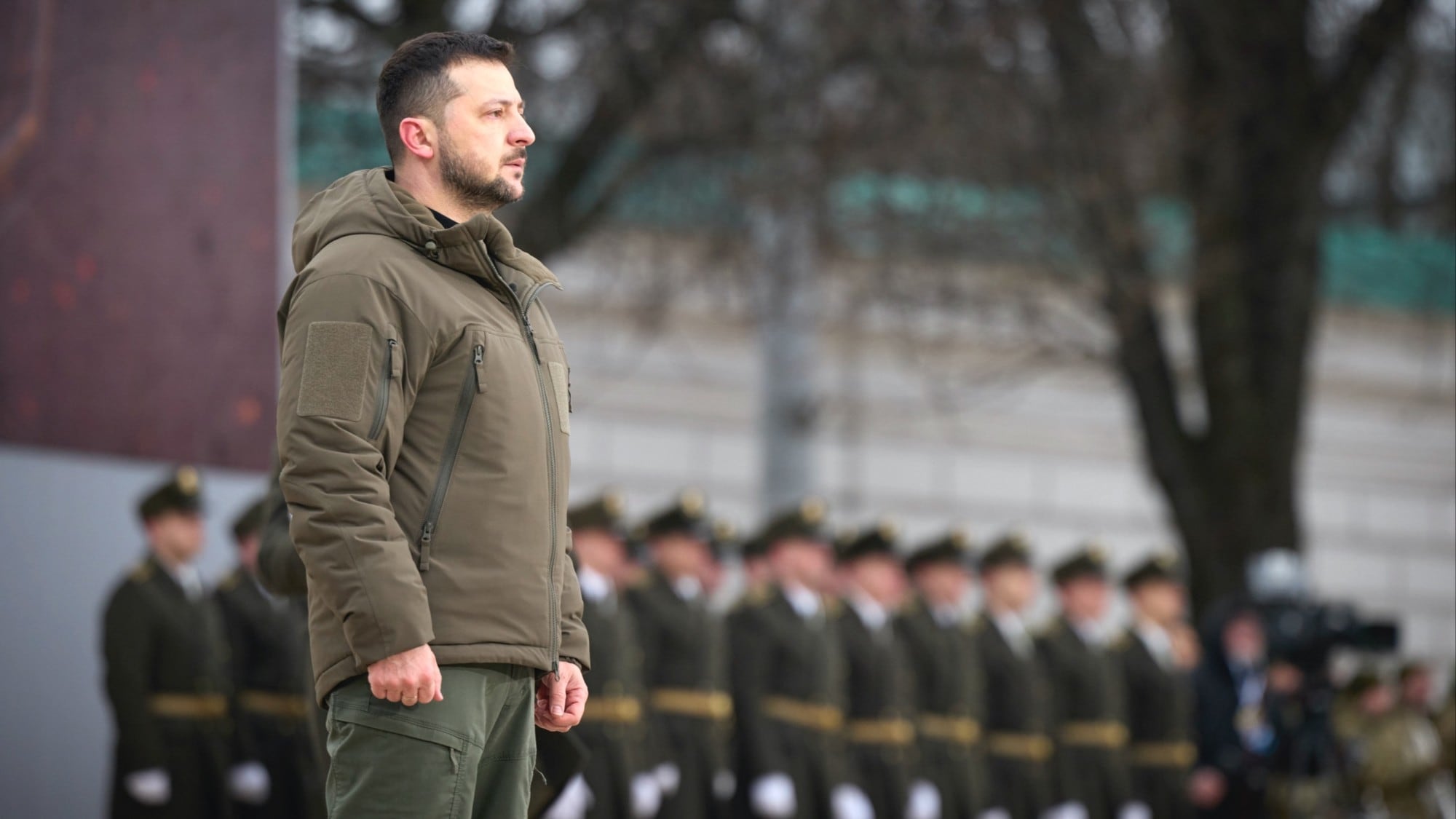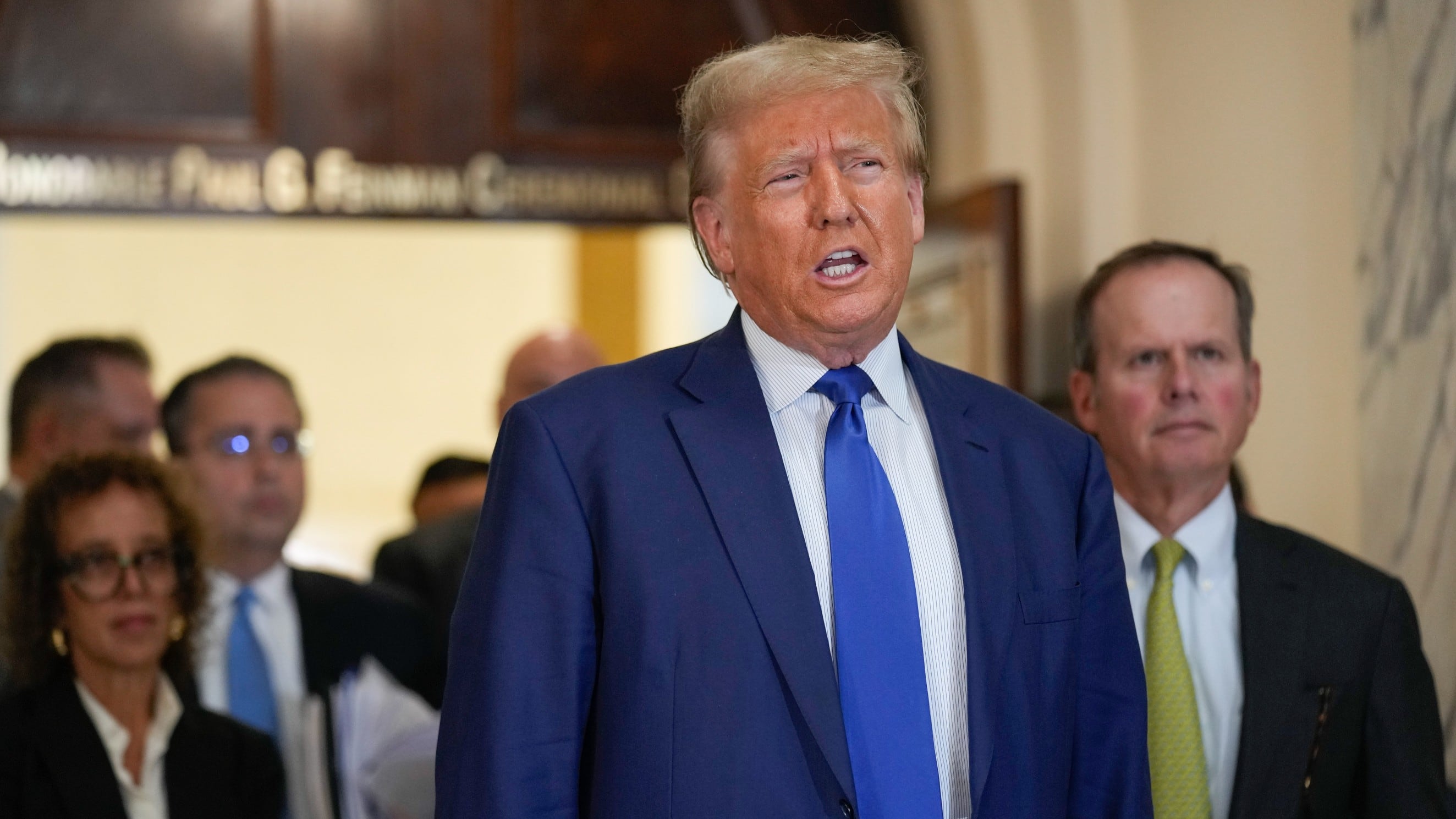President Trump reportedly ordered the firing of Robert Mueller over the summer but reversed course after the White House special counsel threatened to resign. That's according to a recent report in the New York Times. Fordham University Law Professor Jed Shugerman explains the potential legal ramifications of these revelations.
"This now becomes part of a longer timeline for Mueller," said Shugerman. "The statue that covers obstruction of justice depends upon proving that there was a corrupt intent. So the more events that show a corrupt intent the stronger the case would be."
Former White House Communication Director Anthony Scaramucci took to Twitter, tweeting "...@POTUS should be able to have a private conversation with WH Counsel without the content being leaked." Shugerman says presidents can have private conversations, but they cannot conspire to commit felonies.
A car plowed into a parked SUV that was guarding President Joe Biden’s motorcade Sunday night while the president was leaving a visit to his campaign headquarters.
Negotiators insist they are making progress, but a hoped-for framework did not emerge. The talks come as Donald Trump, the Republican presidential front-runner in 2024, delivered alarming anti-immigrant remarks about “blood” purity over the weekend, echoing Nazi slogans of World War II at a political rally.
The Supreme Court decided to leave in place a ban on semi-automatic weapons in the state of Illinois.
The Senate passed a bill giving retroactive pay increases to those service members who may have been affected by the hold on military promotions caused by Senator Tommy Tuberville.
Jurors are expected to resume deliberations this morning in a case that centers on how much Donald Trump's former lawyer Rudy Giuliani must pay in his damages defamation trial.
President Biden said Israel needs to be more careful when it comes to civilian deaths in its war with Hamas as the next phase of the war is weeks away.
The White House has unveiled a list of 48 drugs that drugmakers will have to pay rebates to the federal government on due to raising their prices higher than the cost of inflation during this year.
The European Council announced it will open negotiations with Ukraine and Moldova to join the group.
U.S. Treasury Secretary Janet Yellen said former President Trump's policies toward China have left the nation "more vulnerable" and more isolated in the global economy.
A federal grand jury in Montana has indicted two men accused of killing about 3,600 birds, including bald eagles and golden eagles, and selling them on the black market.
